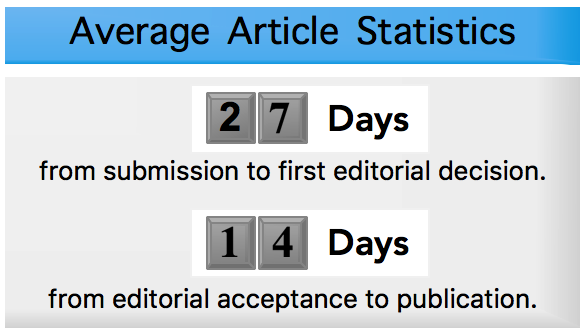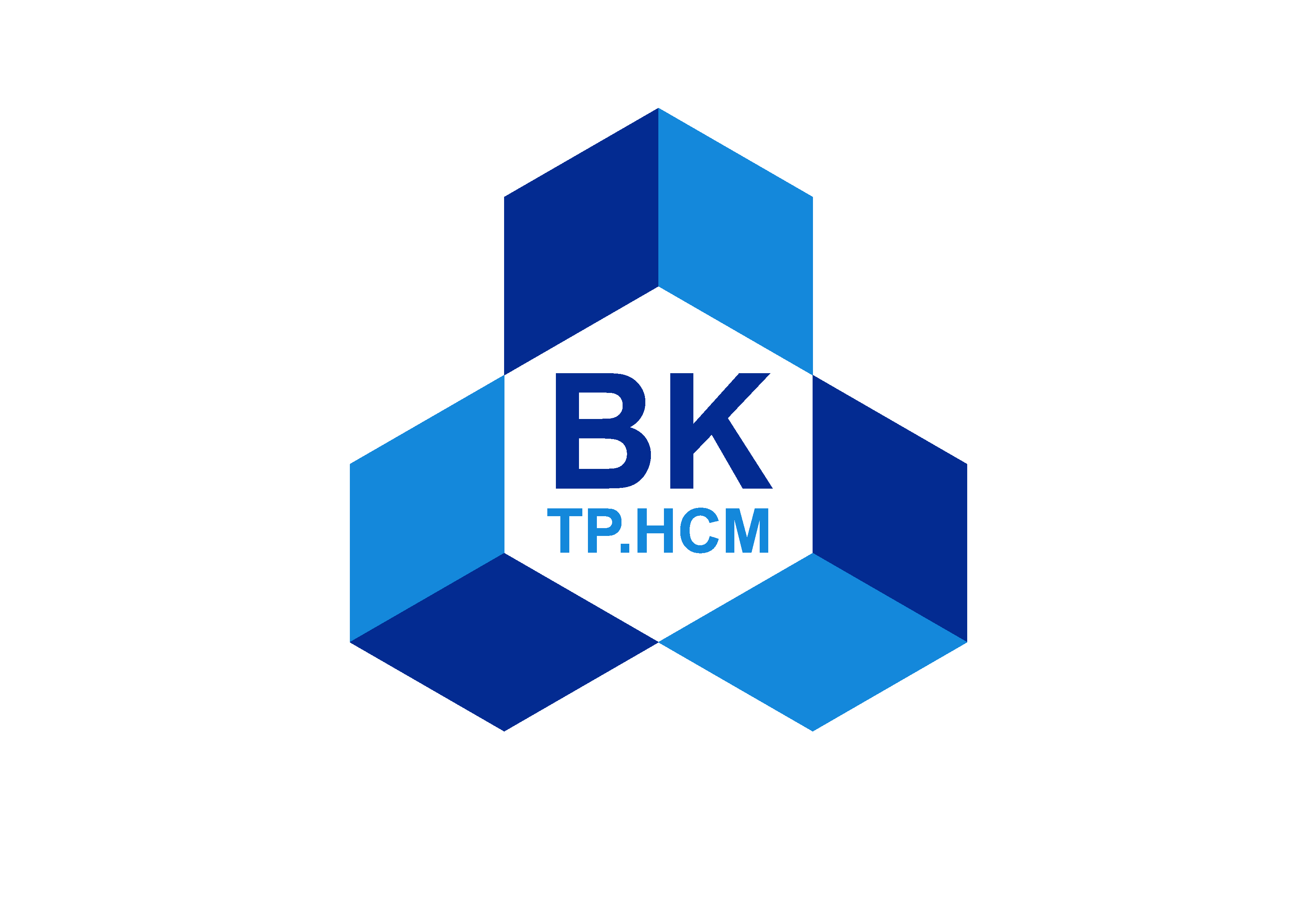Downloads
Abstract
Biochar, a charcoal-like material that is created through the heat treatment of biomass in high-temperature as torrefaction, is an organic carbon-rich and porous material. Currently, in Vietnam, there are several agricultural by-products suitable for biochar production. Therefore, corncob as a popular and potential agricultural product was selected in this study. Through the process, the obtained results on the influence of temperature and time during the torrefaction were investigated. The corncobs will be heated by the torrefaction method at the temperature of 230oC, 260oC, 290oC, and 320oC for 15, 30, and 45 minutes to obtain torrefied biochar. The present work aims to study torrefaction as an environmentally sustainable method for the combined generation of a solid biofuel with better properties compared to the starting material and a combustible vapor phase, which can be immediately burned for energy recovery. The higher heating value of torrefied materials was estimated. The calorific value in this study of biochar from corncob ranges from 22.04 to 32.57 MJ/kg, which is a potential parameter for a renewable energy feedstock. Sample CC320-45 achieved the highest calorific value of 24.29 MJ/kg and the porosity of this sample was 74.94%. The utilization of biomass waste is converted into useful energy, and the high porous nature of biochar allows for a large surface area for the adsorption of contaminants. Especially, compared to raw input feedstocks, average torrefaction operating conditions yielded much superior biofuels.
Issue: Vol 5 No SI2 (2022): Special issue: International Symposium on Applied Science 2022
Page No.: 99-110
Published: Dec 31, 2023
Section: Research article
DOI: https://doi.org/10.32508/stdjet.v6iSI6.1101
PDF = 557 times
Total = 557 times


 Open Access
Open Access 










